University Smoking Cessation During Pregnancy Intervention Project
VerifiedAdded on 2022/08/21
|12
|789
|16
Project
AI Summary
This project focuses on designing an intervention to promote smoking cessation among pregnant women, recognizing the significant health risks associated with maternal smoking, including low birth weight, preterm deliveries, and infant mortality. The intervention design emphasizes individual behavioral counseling, grounded in behavioral theory, to reinforce smoking cessation. The project details the target behavior, methods, and ethical considerations, highlighting the importance of confidentiality and autonomy. The evaluation strategy involves monitoring the reduction in cigarette consumption through self-reporting, with complete cessation being the ultimate success metric. The project acknowledges potential limitations, such as the reliance on self-reported data. The project also explores the comparison between pharmacological and behavioral interventions, emphasizing the need for methodological rigor in behavior change interventions. The assignment aligns with the goals of Health Psychology and Public Health to maintain health and prevent illness.
1 out of 12
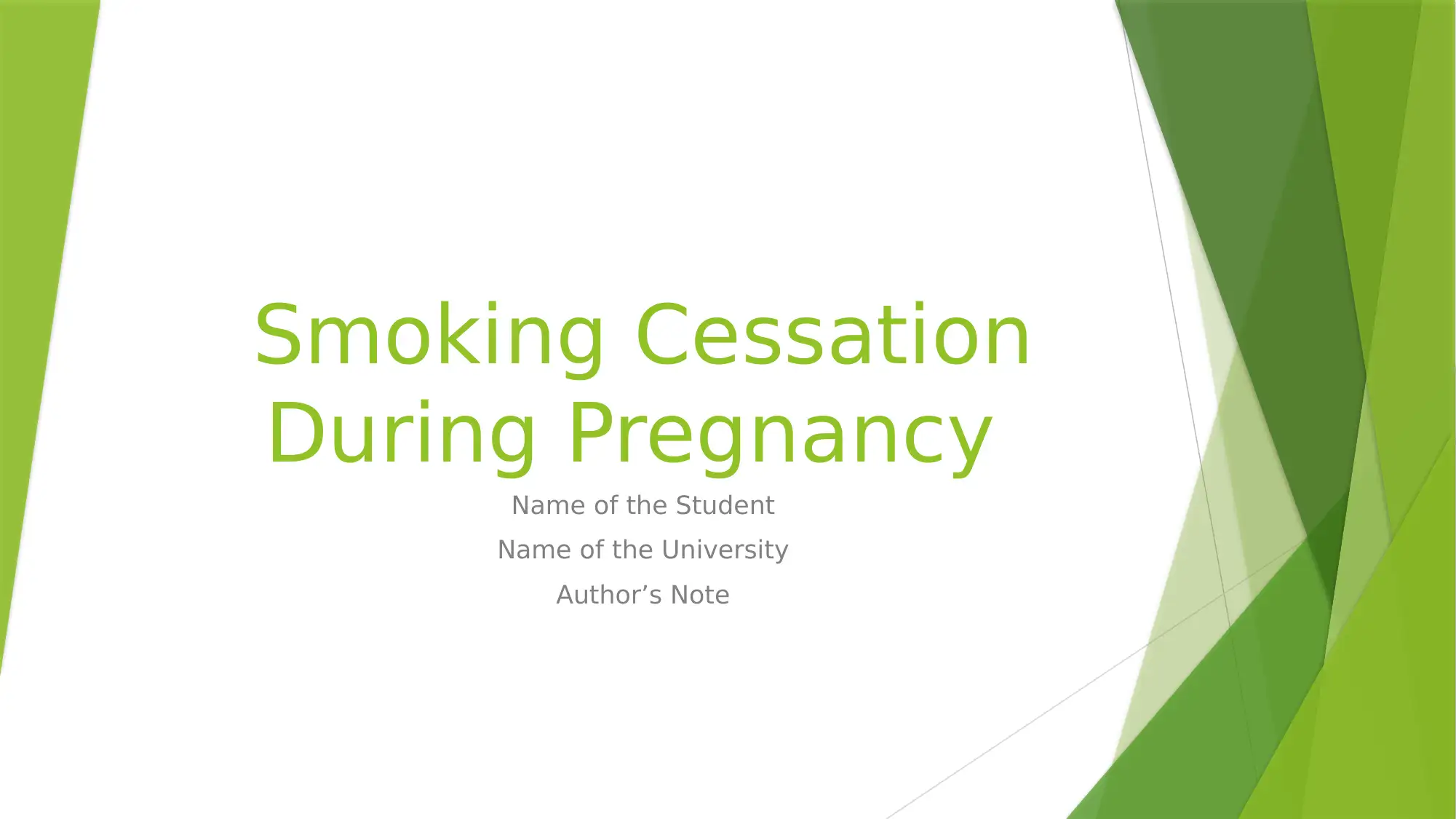
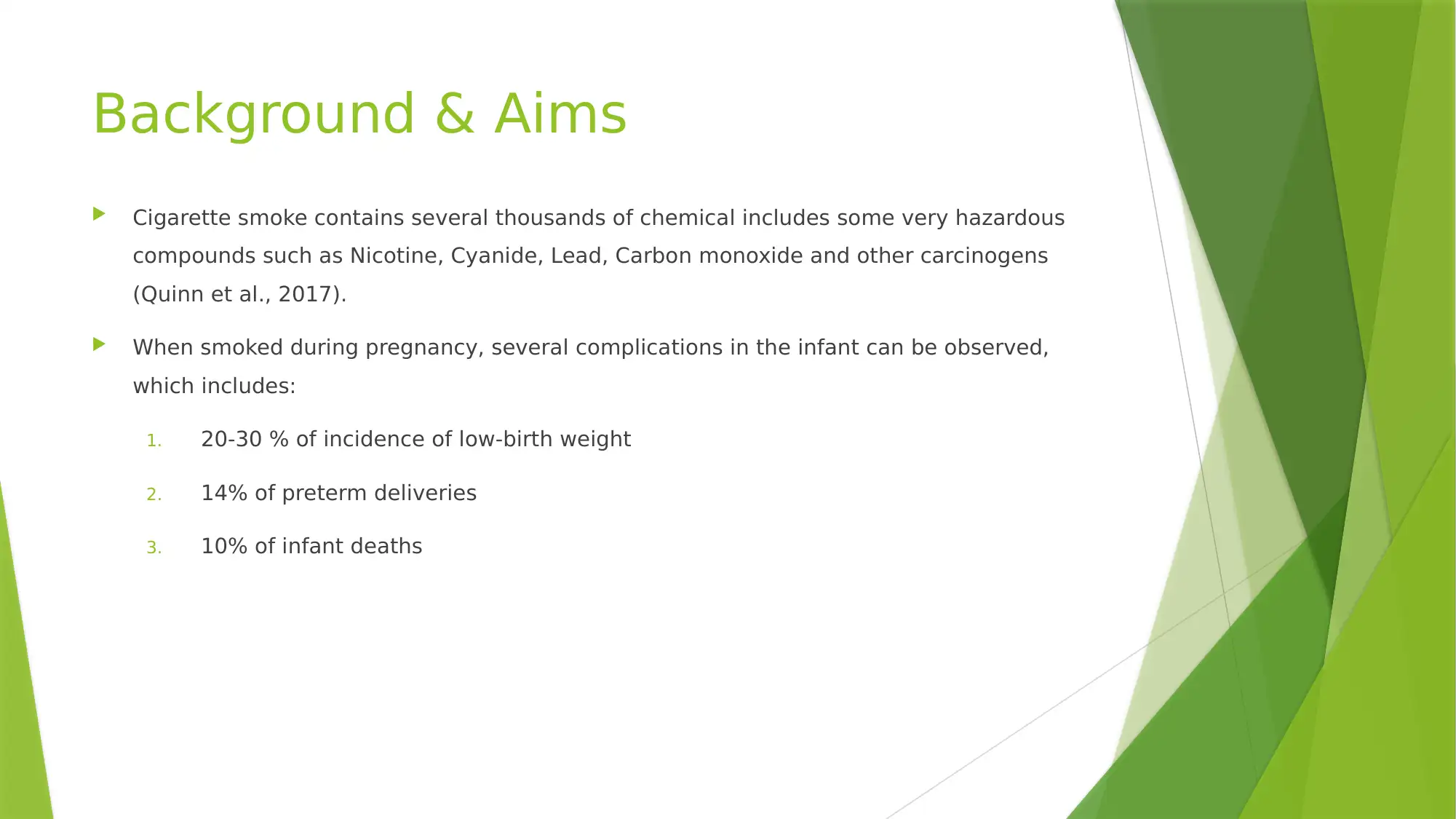
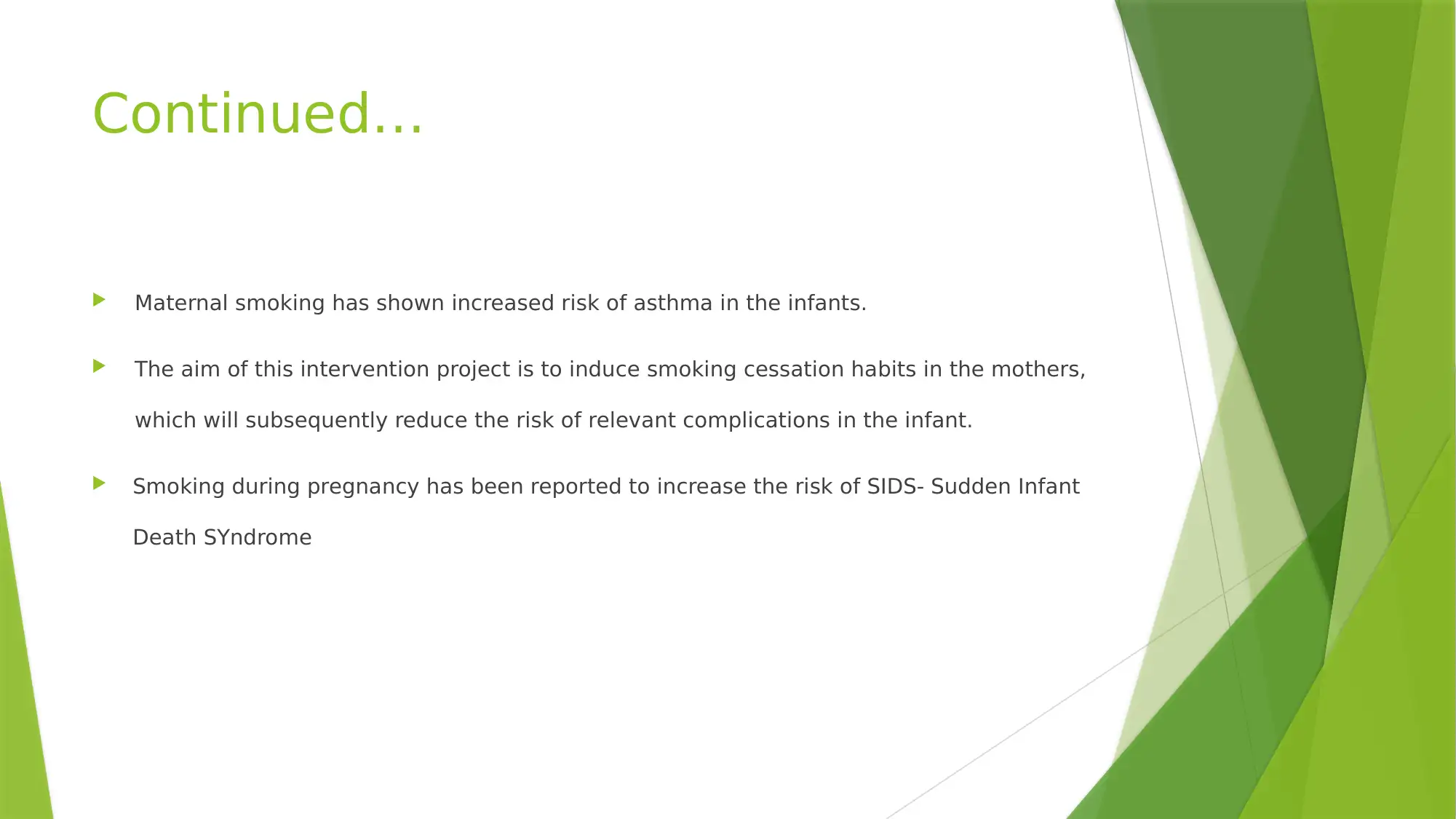

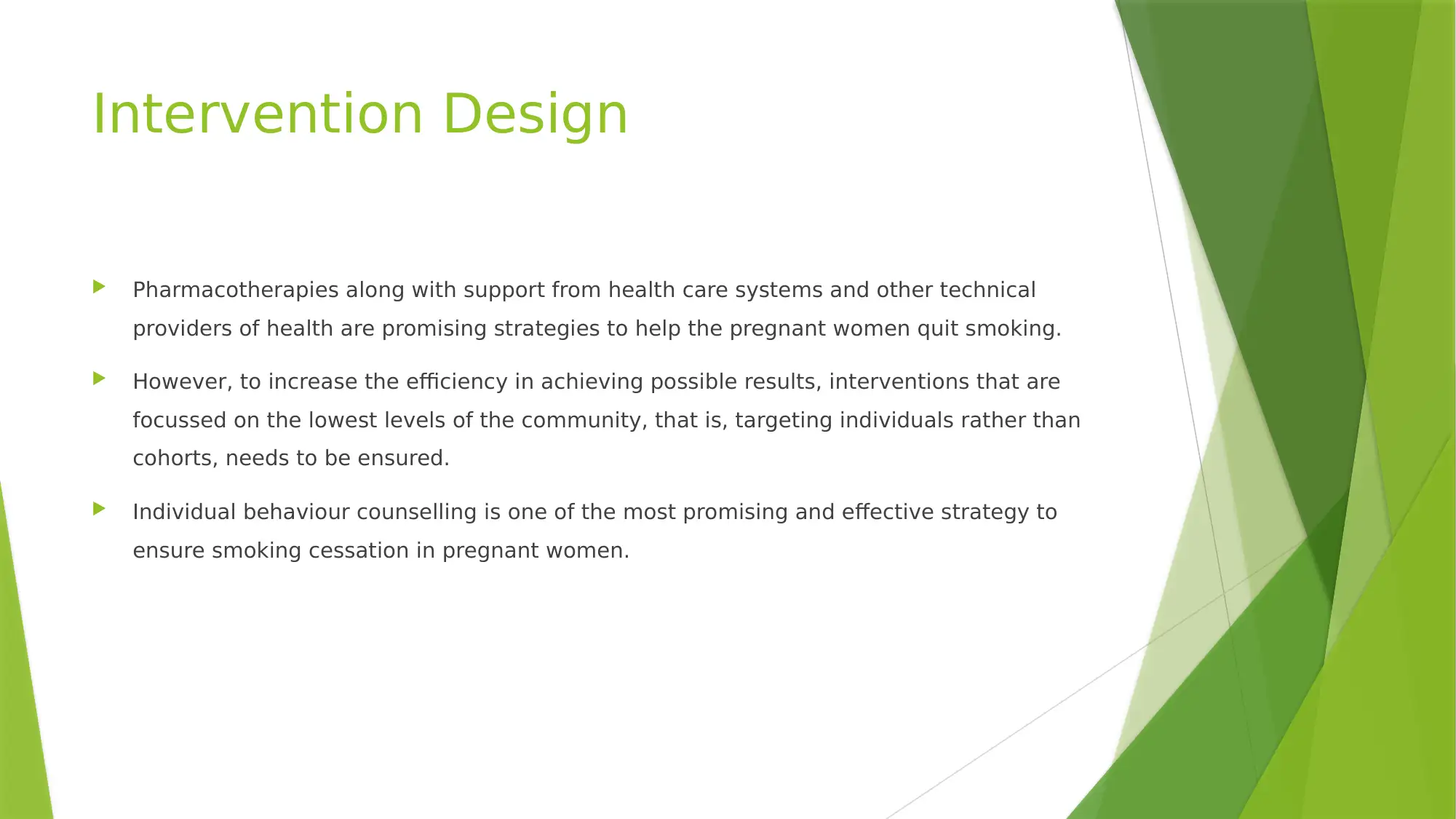
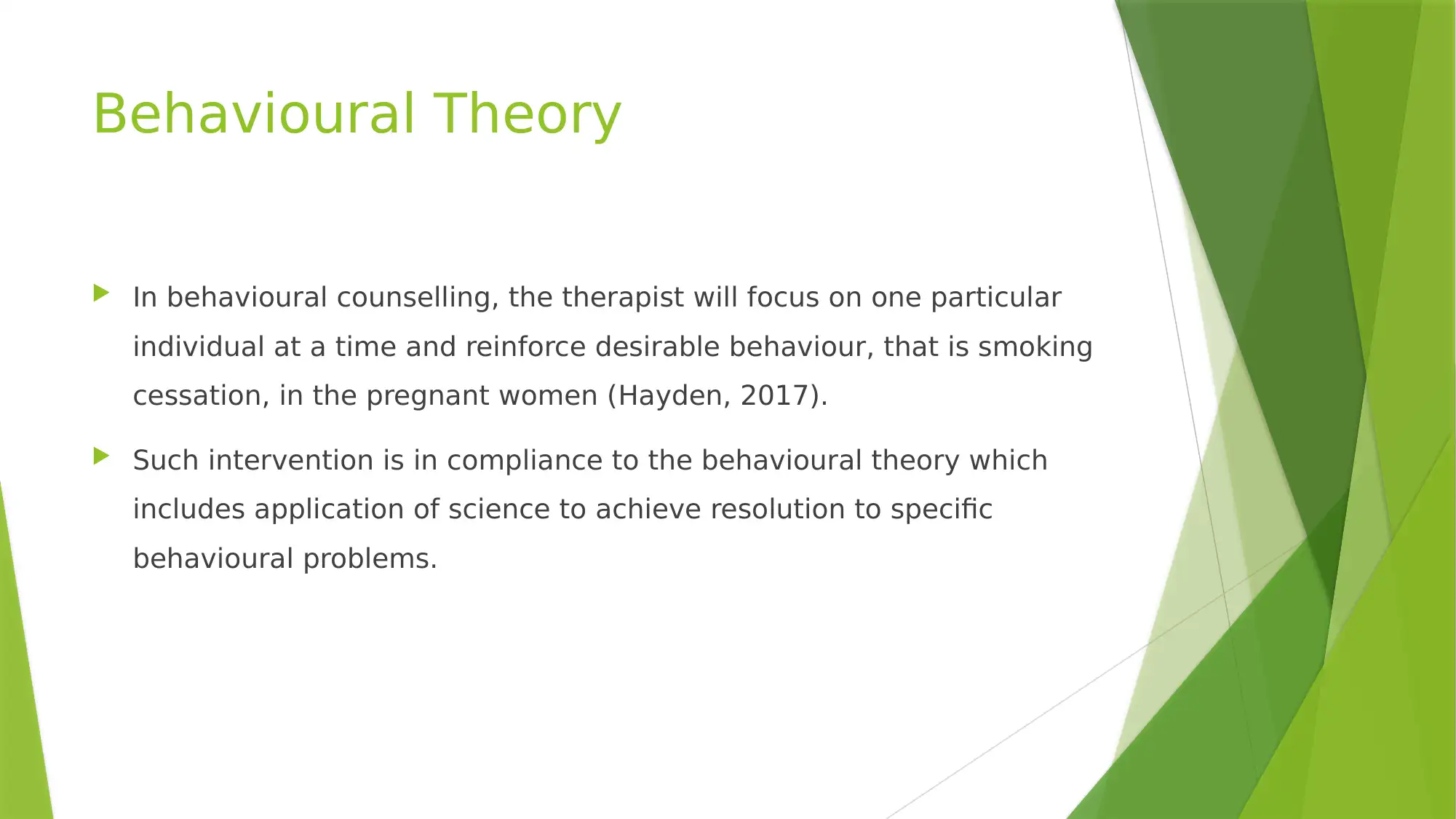
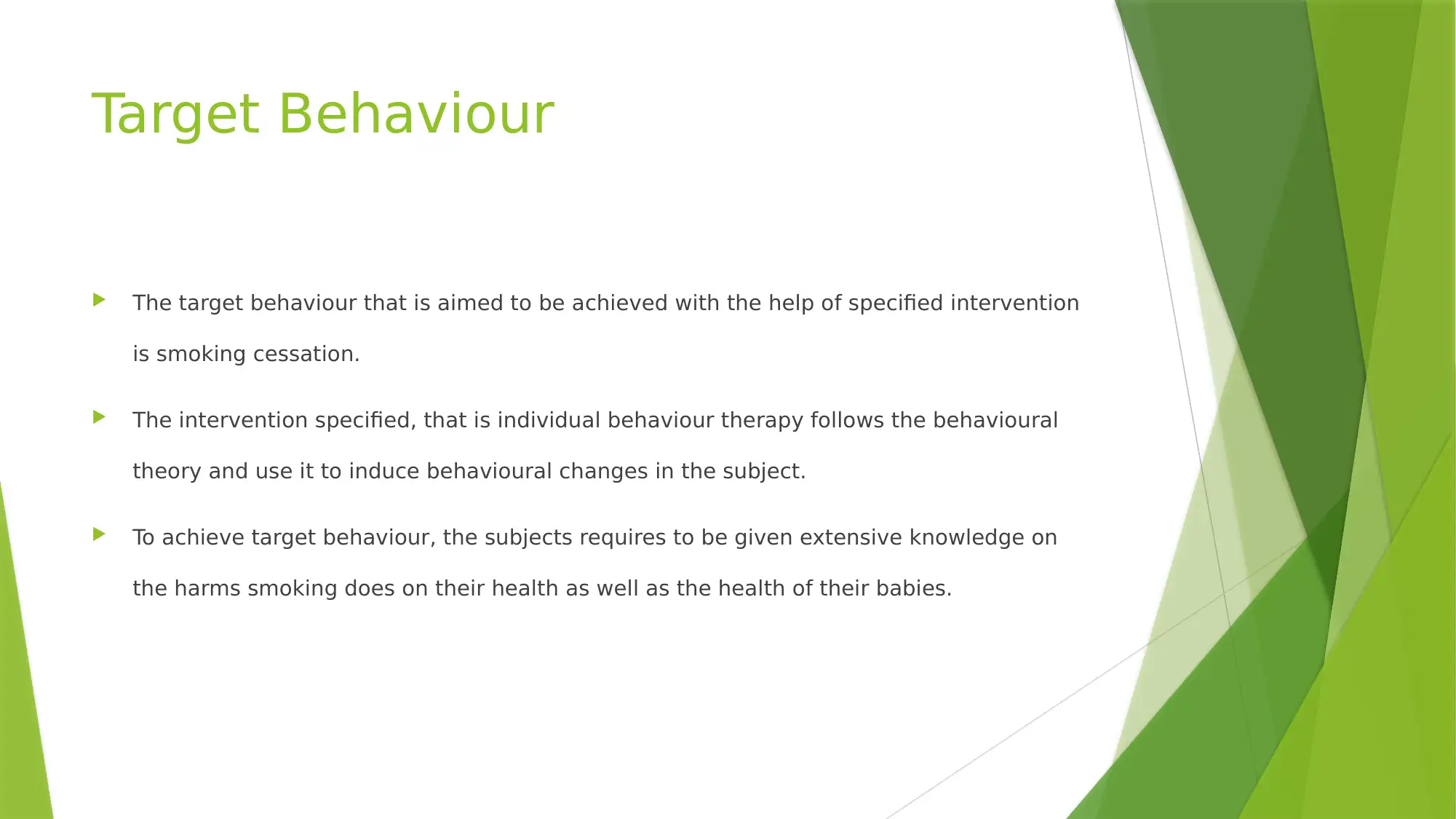
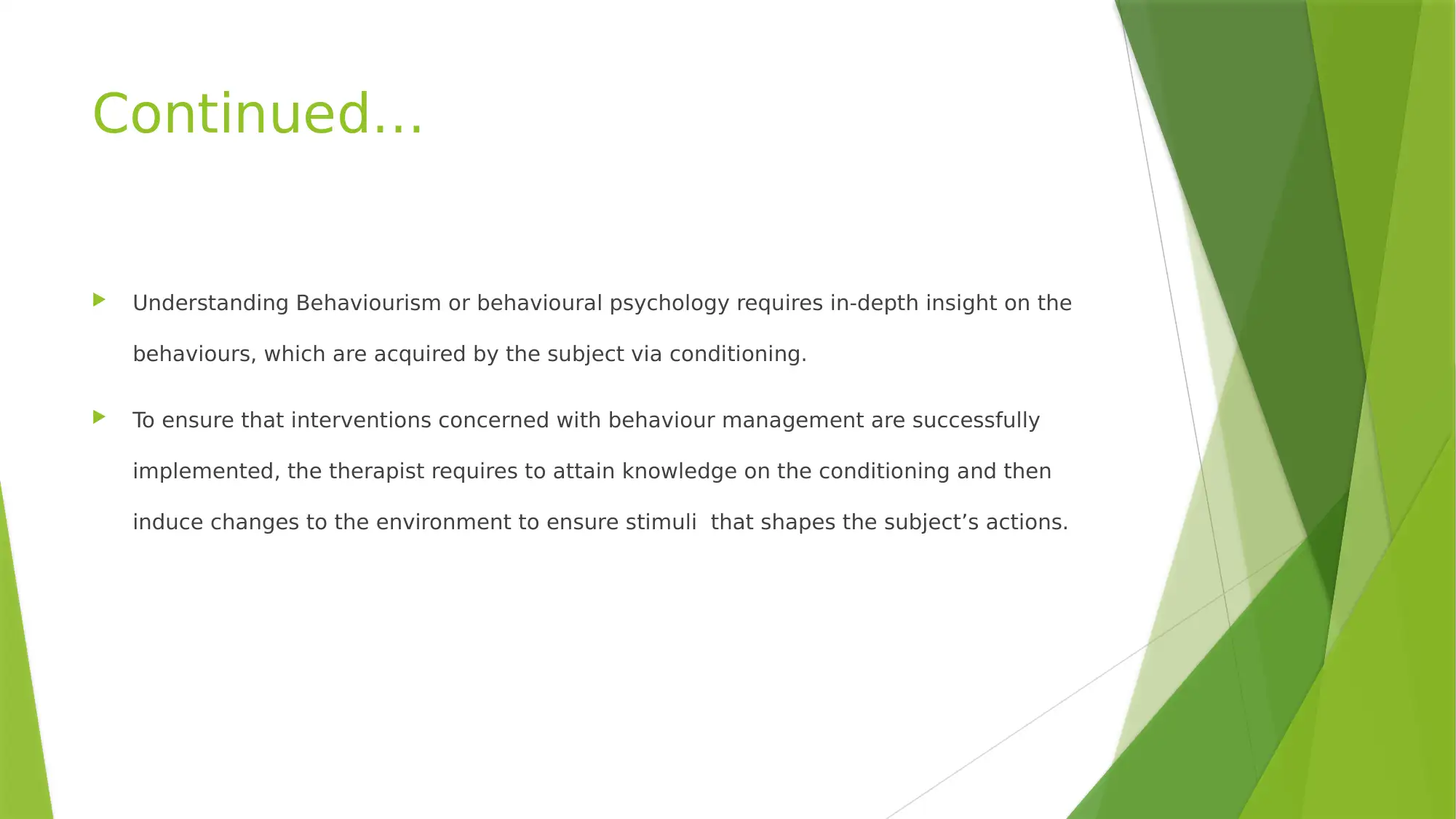
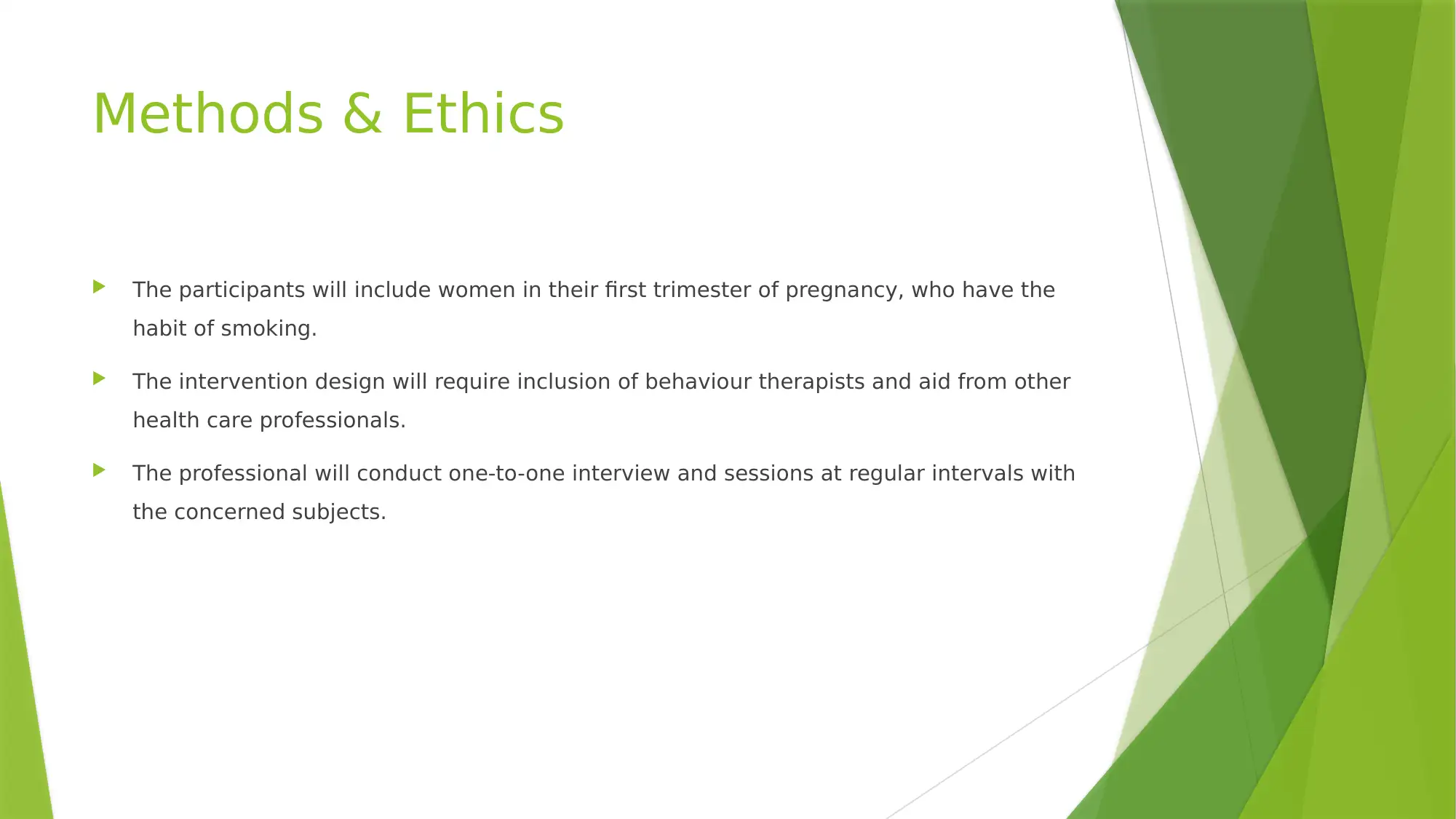
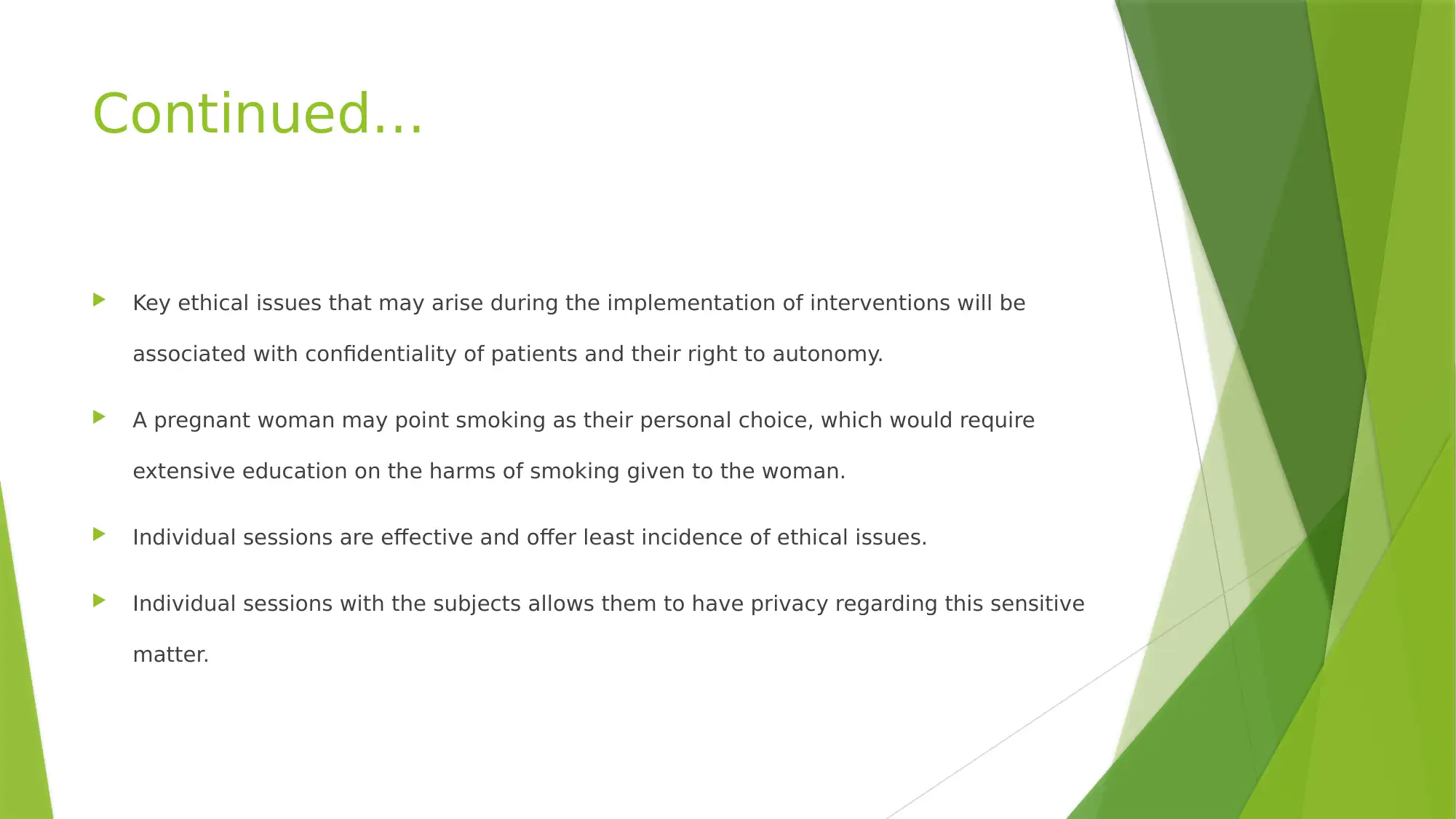
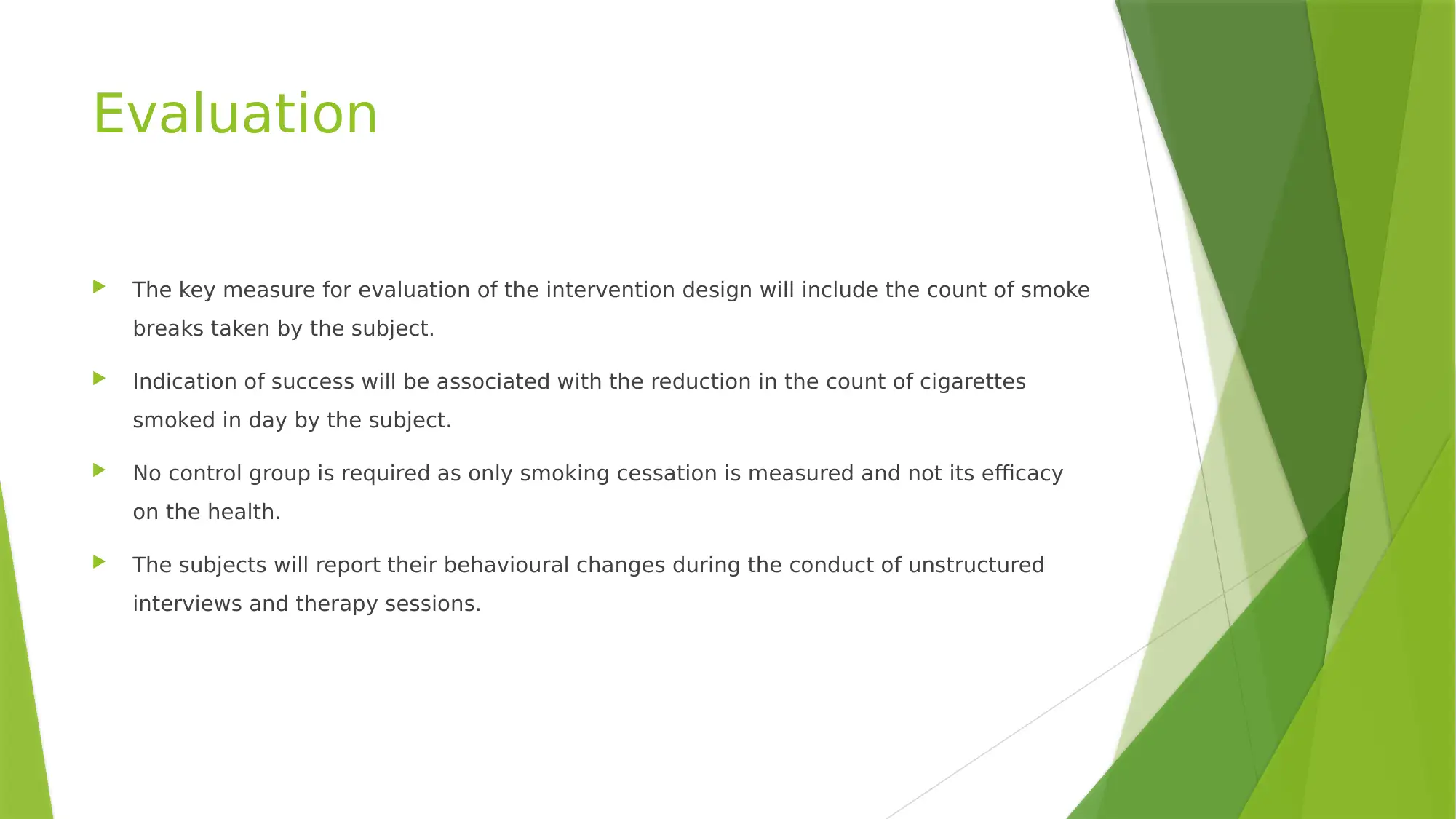
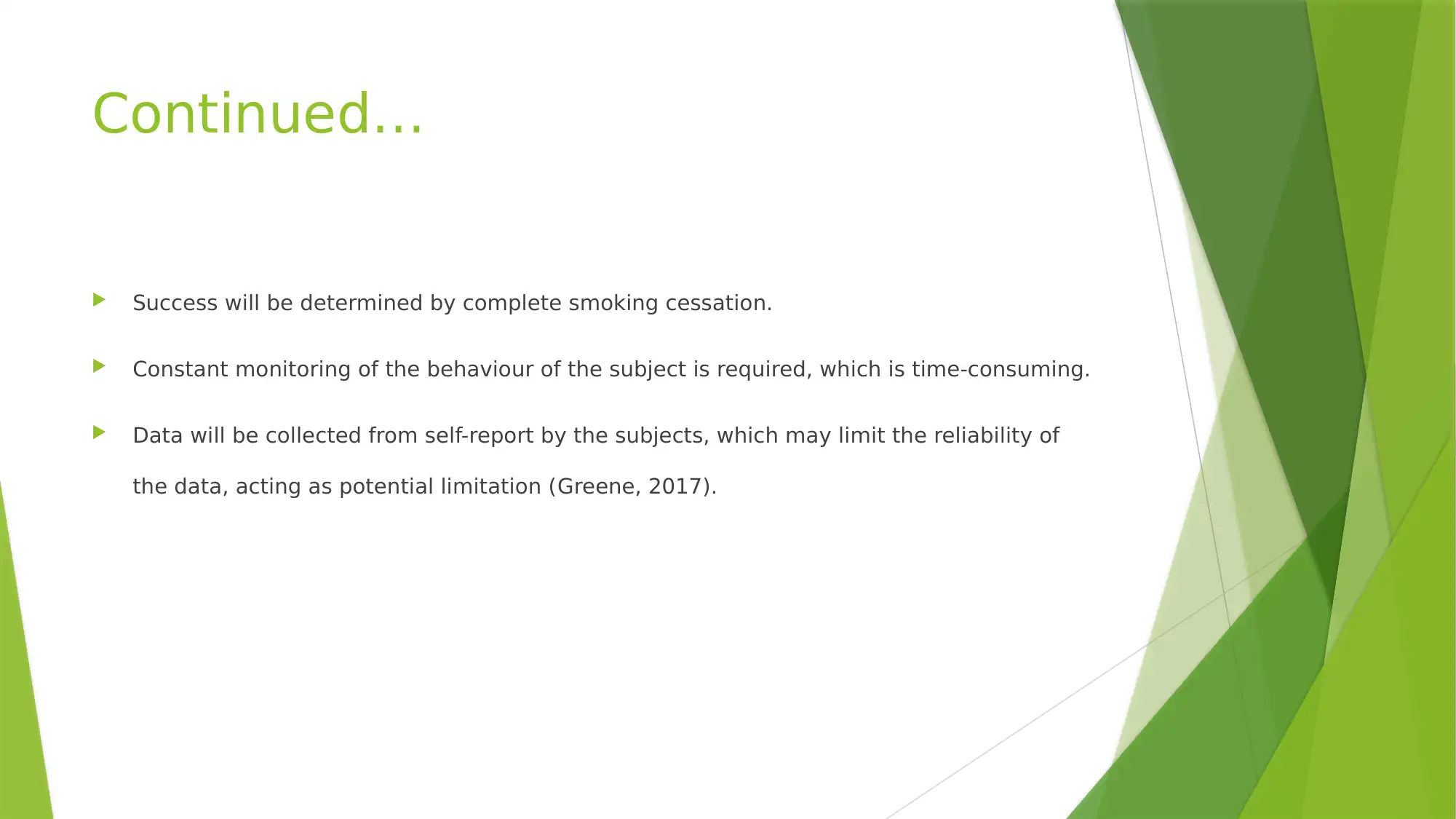
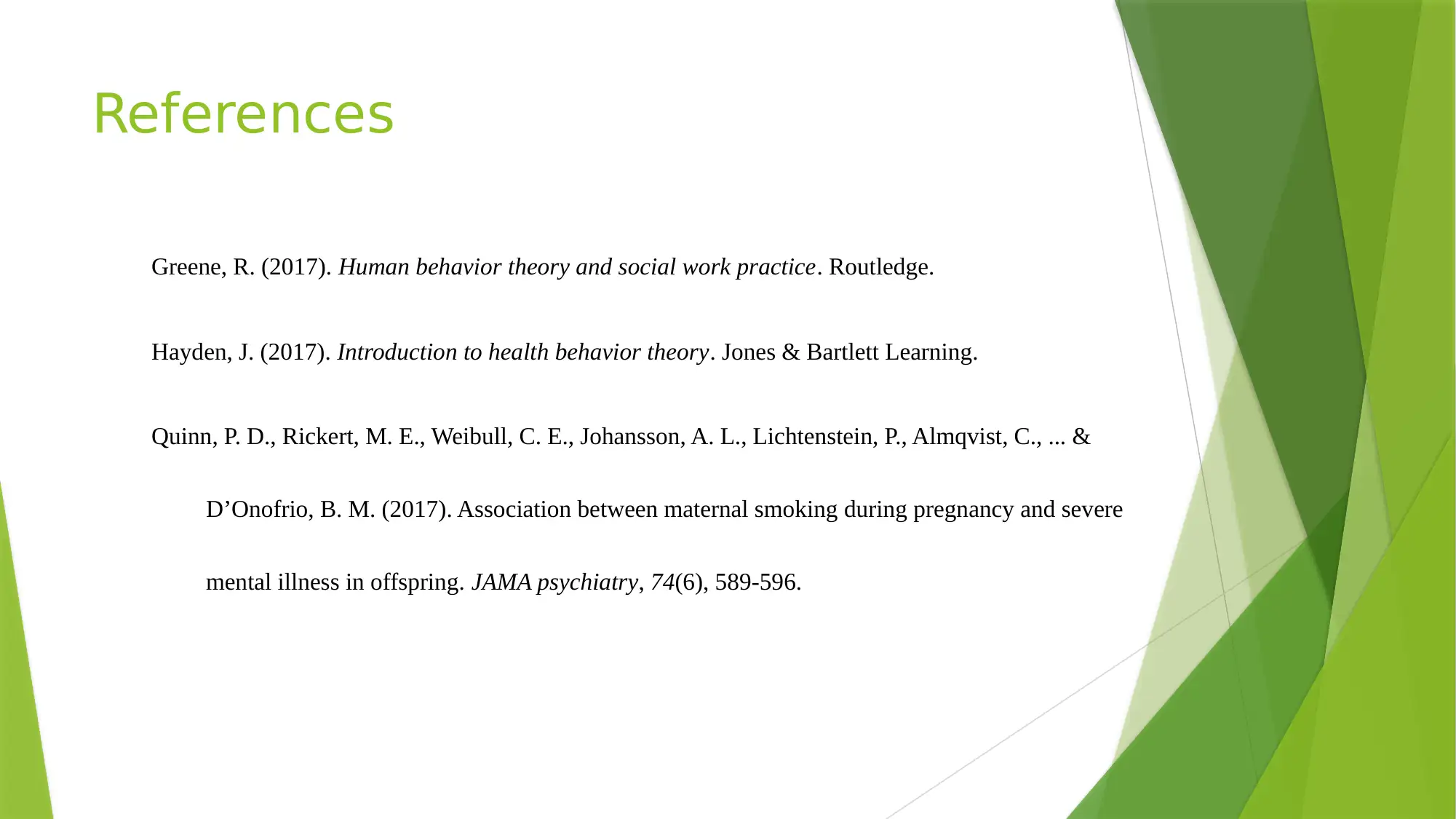





![[object Object]](/_next/static/media/star-bottom.7253800d.svg)